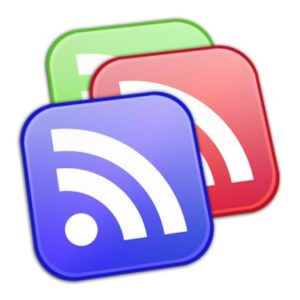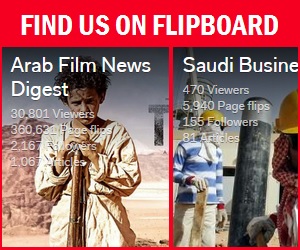Why retiring Google Reader is anti-social
 The web is now full of reactions to this week’s announcement that Google will retire its RSS feed reader on 1 July 2013. Perhaps, as pointed out by Tech Crunch’s Matt Burns, the retirement of Google Reader will pave the way for more innovative feed management apps from competitors that have hitherto been too intimidated by Google Reader’s pervasive presence on Google’s main navigation menu (although there are no guarantees that Google won’t roll-up some of Reader’s RSS features into another app further down the line!). However, retiring Google Reader also removes a critical link between content producers and content consumers, particularly when it comes to the work of bloggers and journalists.
The web is now full of reactions to this week’s announcement that Google will retire its RSS feed reader on 1 July 2013. Perhaps, as pointed out by Tech Crunch’s Matt Burns, the retirement of Google Reader will pave the way for more innovative feed management apps from competitors that have hitherto been too intimidated by Google Reader’s pervasive presence on Google’s main navigation menu (although there are no guarantees that Google won’t roll-up some of Reader’s RSS features into another app further down the line!). However, retiring Google Reader also removes a critical link between content producers and content consumers, particularly when it comes to the work of bloggers and journalists.
Google announced the demise of Google Reader along with seven other Google apps on Wednesday stating declining usage over the past few years as the reason for Reader’s retirement. The truth is that the content world has changed radically since Google Reader was introduced in 2005 and Google Reader hasn’t. Since then, Facebook (launched 2004), Linkedin (launched 2003) and Twitter (launched 2006) have brought massive changes to the way the world browses, consumes and shares information. Social networks have become the primary method of news discovery for millions of Internet users and Internet users now account for the majority of news consumers in many countries. Google Reader’s basic, text-focused news feed, organised into folders, now looks very old-world alongside the dynamic news feeds of Facebook, Twitter, Linkedin and, more recently, Google+.
So, why shed a tear over the death of Google Reader? It doesn’t compete effectively with Facebook or Twitter’s news feeds. Its multimedia features are limited. It’s also no longer a social app (Google removed Reader’s social sharing features in 2011). And, as confirmed by Google, demand hasn’t kept paced with new social networks. Whilst all of these things are true, none are really a fair comparison. Google Reader is a stripped down tool that’s simply good at what it does: aggregating multiple content sources into feeds of text headlines. It’s not everyone’s cup of tea, but Reader allows you to scan hundreds or thousands of news, blogpost and other content headlines every day and quickly filter out the ones that are important to you or – and this is often the more important bit – your audiences. There are also plenty of third party apps available that add value to Google Reader’s RSS feed engine.
Innovation never sleeps on the Internet and the continual stream of new services means that people choose to use the Internet many different ways. Some users are biased towards search engines, some Facebook or Twitter, others traditional news sites. Recently, social sharing has soared as social media users discover that following other social media users with similar interests helps them discover more news and other content that’s in-tune with their needs. Sharing habits differ, but the biggest consumers of online news content are often the biggest social sharers and this is where Google Reader has played a critical, although largely unsung role.
Journalists, bloggers, researchers, analysts, communications professionals and other mega-consumers of news content the world over use Google Reader to filter through thousands of news headlines for content that might be of interest to their key audiences. Their followers, readers, fans, colleagues and clients rely on their content choices, share in-turn and, in many cases, this is how online content develops a viral life of its own. Google Reader was never going to compete with social networks on numbers of users, but it nevertheless underpins much of the news sharing that takes place everyday, ultimately influencing millions of content consumers and content sharers across all online social networks. Taking it away, with no adequate substitute in place, is an anti-social move indeed.
Subscribe to our feeds
Spot On MENA Media News Feed (valid until 30 June 2013)
NEW! Spot On MENA Media News Feed (via GetPocket.com)
Read more about content
We are all publishers (March 2012)
Facebook down – thousands of brand pages inaccessible (March 2012)
The Freedom Meme (September 2011)
Facebook bigger than newspapers? So what? (May 2010)
Losing the battle for control (January 2011)
Sign-up for reports & updates
If you would like to receive reports and updates from time-to-time by email click here to join Spot On PR’s mailing list.
Connect with us
‘Like’ Spot On PR’s Facebook page
Tags: content consumers, feed readers, google, Google Reader, RSS, RSS feeds


